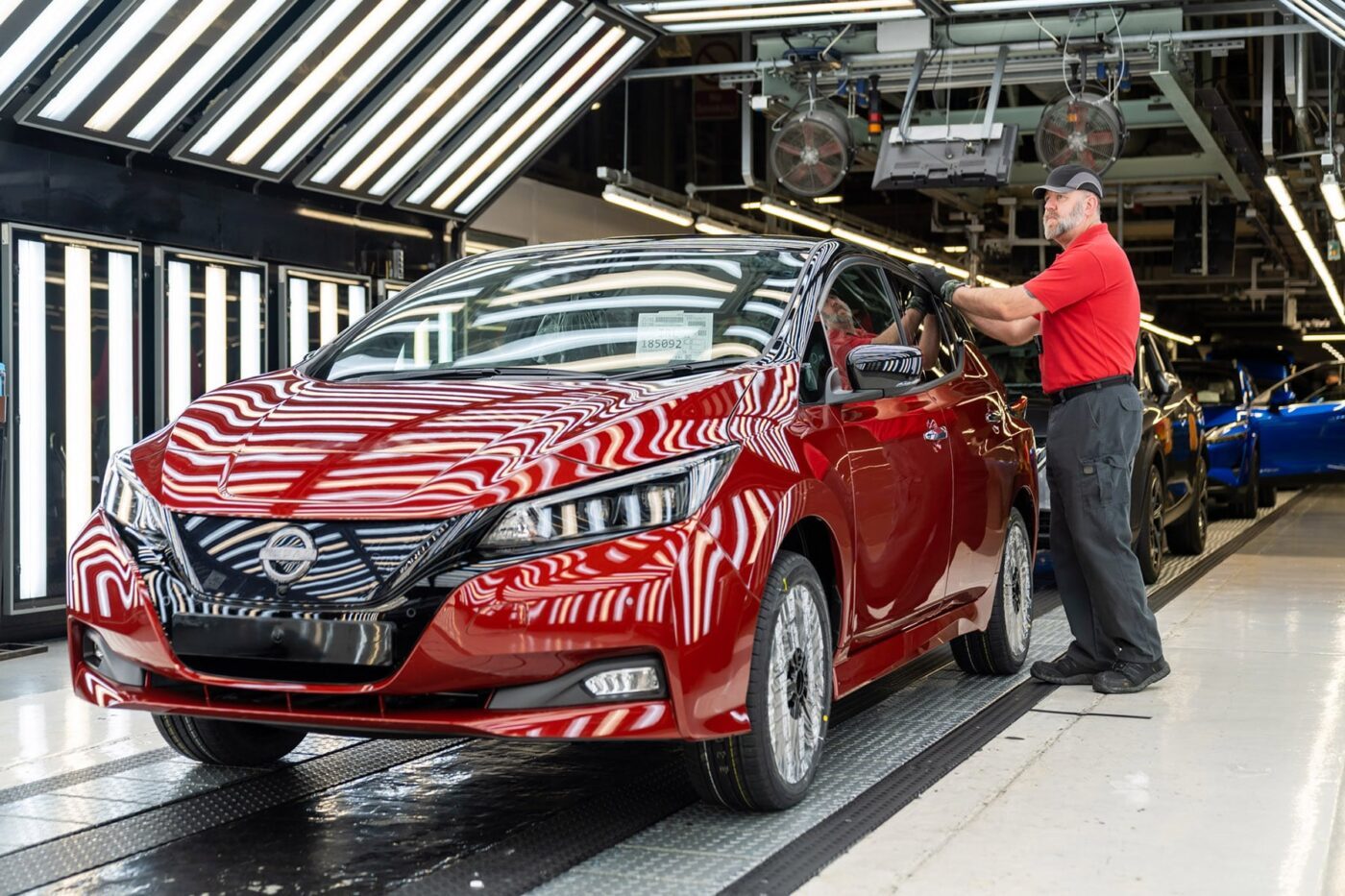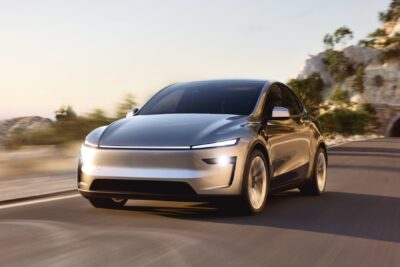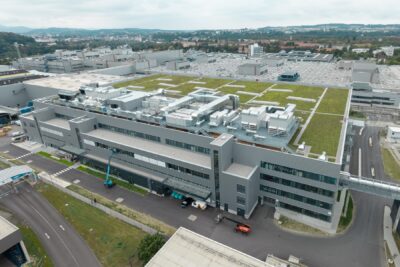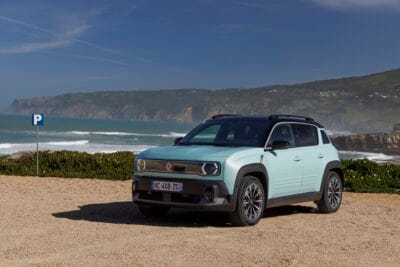Nissan Leaf production draws to a close in Sunderland
Nissan confirmed plans for the future of Sunderland last November, thereby also renewing its commitment to Britain as its manufacturing base in Europe. The company, at the time, said the three new electric models would be inspired by the Hyper Urban, Hyper Punk and Chill-Out concept vehicles first shown in Tokyo.
Since the future Leaf will take clues from the Chill-Out study, it will resemble a compact crossover more than a small car. The platform will probably be the CMF-EV (like the Nissan Ariya), which alliance partner Renault and its electric subsidiary Ampere now refer to as the AmpR Medium, as reported.
As a Nissan spokesperson confirmed to the local newspaper Sunderland Echo, the current Leaf was “approaching the end of its life cycle in Europe”. “Depending on the market’s inventory, European customers will be able to place their orders until vehicle stocks run out,” the spokesperson said.
The Leaf was the world’s first mass-produced electric car when it launched in Japan in 2010. Nissan started producing the first generation in Sunderland in 2013 and has since served the European markets from its British base. The factory has made over 280,000 Leaf EVs, with global sales topping 650,000.
The second generation launched in 2017 but was less successful in a changed market environment. Nissan opted for the CHAdeMO fast-charging standard (while CCS fast chargers had become established in Europe), among other things, and dispensed with liquid cooling for the battery, which led to overheating and deficient charging performance in summer or during repeated fast-charging processes over long distances.
Incidentally, Nissan once founded its battery subsidiary called AESC, which also operated a cell factory in Sunderland for the electric car batteries that were barely available at the time. The battery business was later sold to Envision. AESC is now building a second battery factory in Sunderland to supply Nissan – as a customer, not as the owner.
Still, Nissan owns 20% of AESC and considers the plant a part of the ‘EV36Zero’ project in Sunderland. Announcing the plans last year, Nissan President and CEO Makoto Uchida said: “The EV36Zero project puts our Sunderland plant, Britain’s biggest ever car factory, at the heart of our future vision. It means our UK team will be designing, engineering and manufacturing the vehicles of the future, driving us towards an all-electric future for Nissan in Europe.”
The manufacturer announced in September 2023 that it would only launch new all-electric cars on the European market with immediate effect and only sell BEVs in Europe from 2030. This commitment replaced Nissan’s previous goal of only introducing new passenger cars with partially or fully electric drive systems from 2023 and reaching a 100 per cent quota in Europe for electric and hybrid vehicles by the decade’s end.
Globally, Nissan plans 27 new electrified models by 2030, including 19 all-electric models. In September, Nissan reiterated its goal of launching electric vehicles with solid-state batteries (ASSB) by 2028.





0 Comments